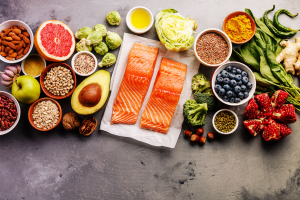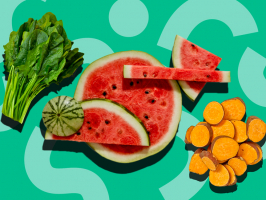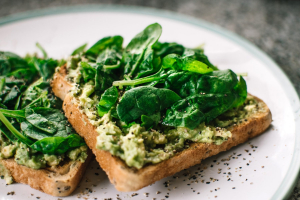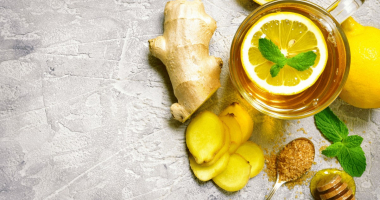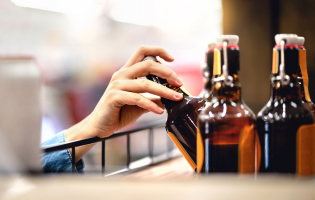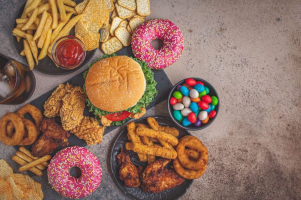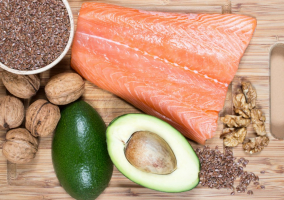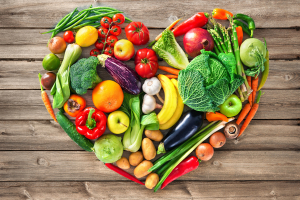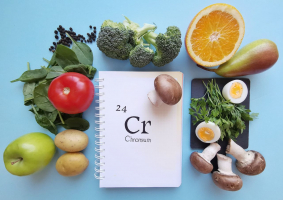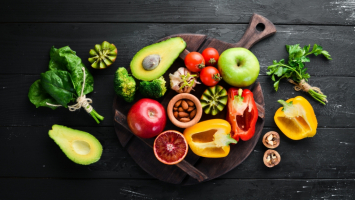Top 8 Best Foods That May Help Heal Anal Fissures
Anal fissures are a common ailment; however, they are usually not significant. They can affect people of all ages and stages of life, but they're most frequent ... read more...in newborns and young children, who are prone to constipation. A tiny tear in the lining of the anus that can cause discomfort and bleeding during bowel movements is known as an anal fissure. Although no one item will repair fissures, dietary and lifestyle changes can help decrease discomfort and problems. Here are the best foods that may help heal anal fissures.
-
Papayas include enzymes that can aid digestion. Caricol, a papaya-based product, has been found in studies to assist reduce constipation and bloating in persons with gastrointestinal dysfunction and digestive problems. Papayas are also hydrating because they are 88% water. Getting adequate water can help avoid dehydration-related dry stools.
However, because papayas are heavy in fiber, limit your consumption. High fiber consumption has been linked to stomach pain in certain persons. One big papaya provides 13 grams of fiber, which is approximately 50% of the necessary daily needs for women and 34% of the recommended daily needs for men.
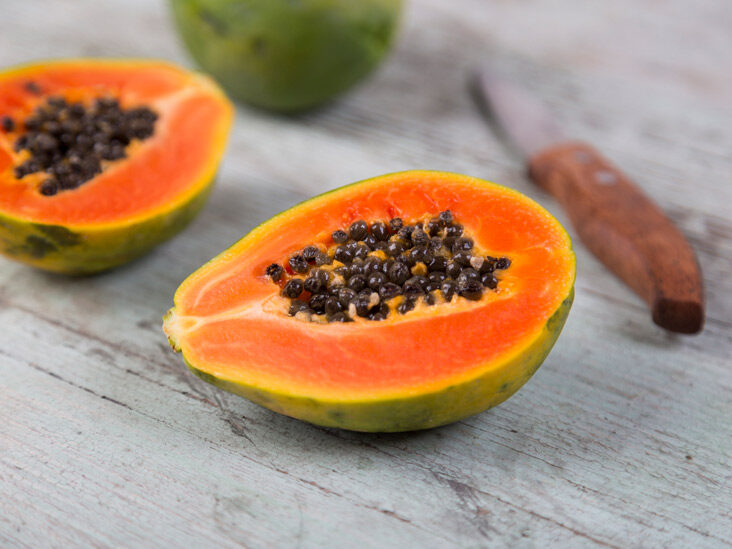
Papaya 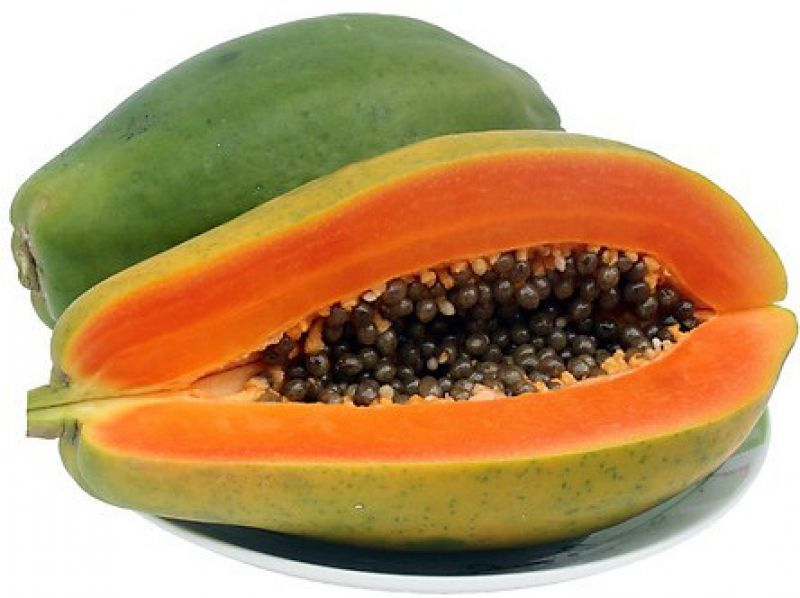
Papaya -
Lemons are high in vitamin C. In fact, 1 lemon juice contains 21% of an adult's Daily Value (DV) for vitamin C. Vitamin C is an antioxidant that is required for collagen formation and skin health. It has been discovered to be involved in all phases of wound healing, and a deficit can greatly hinder healing.
Because vitamin C is water-soluble, it is not stored in the body, thus it is critical to consume adequate vitamin C on a regular basis. Lemons are delicious when squeezed into water or tea. This will also encourage proper hydration, which will help to prevent constipation or dry stools.
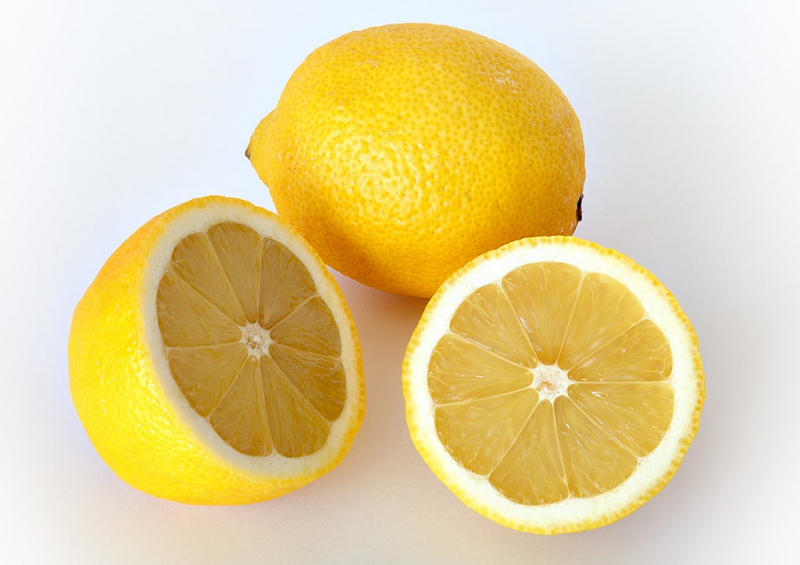
Lemon 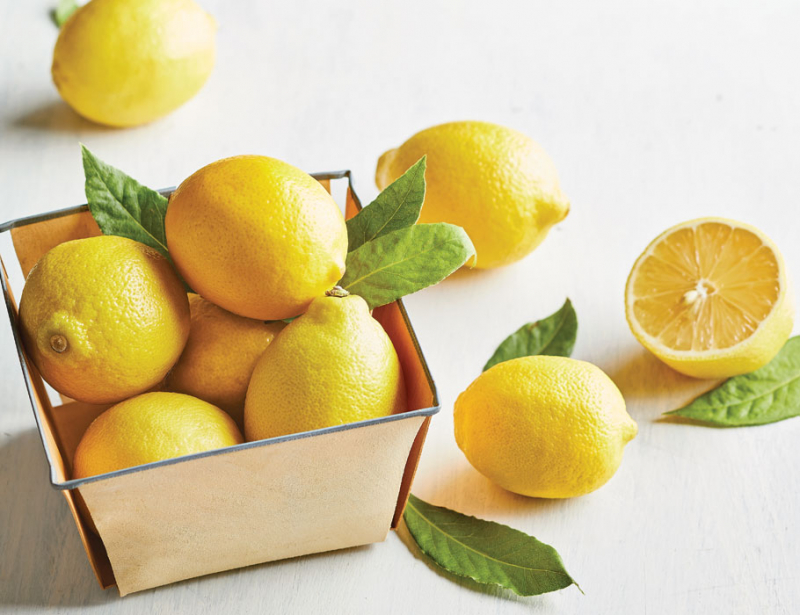
Lemon -
Bananas are high in fiber, which may aid with constipation relief. According to one study, increasing fiber intake resulted in higher stool frequency and softer stool quality for 77% of persons with constipation. A medium banana has 3 grams of fiber, making it an excellent source of this vitamin. Men should consume 38 grams of fiber per day, while women should consume 25 grams.
Your banana's freshness is critical. Unripe bananas have more amylase-resistant starch, which might cause constipation. The amount of resistant starch in bananas decreases as the fruit ripens.
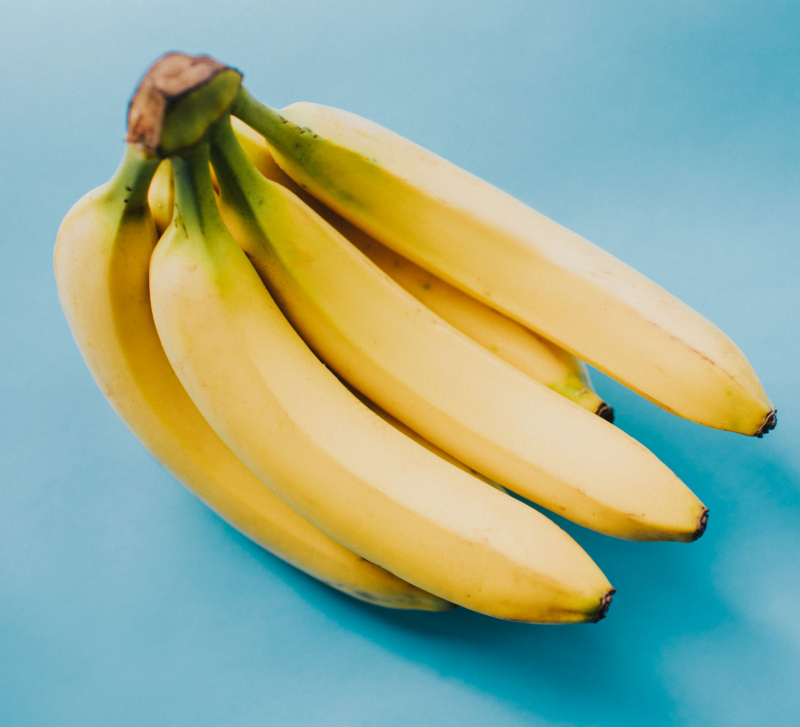
Bananas 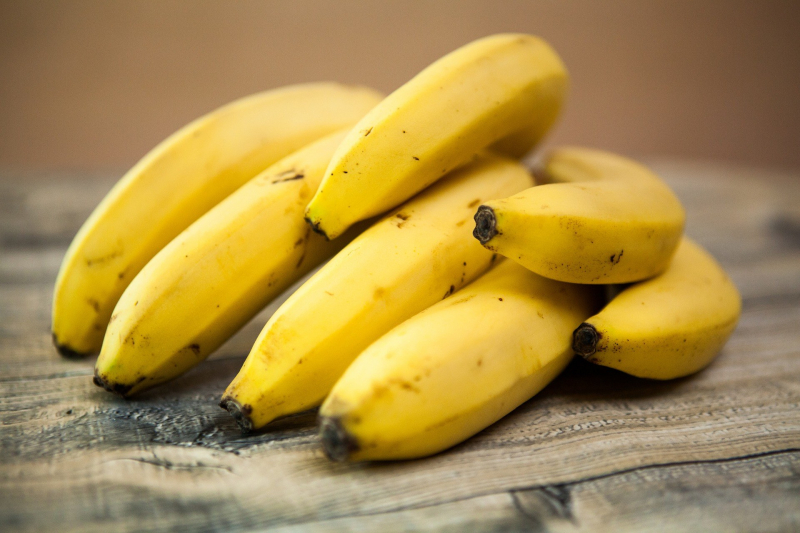
Bananas -
Curcumin, an important element in turmeric, has long been known for its therapeutic qualities, which include anti-inflammatory and antioxidant capabilities. Combining turmeric with black pepper improves curcumin absorption. Early research shows that using turmeric topically can aid with wound healing and skin issues. More study on the usage of topical turmeric therapies for anal fissures is required.
Turmeric suppositories are becoming increasingly popular, however, evidence to support their usage is inadequate. Most medical professionals advise against using a suppository since it may raise the risk of subsequent anal tears.
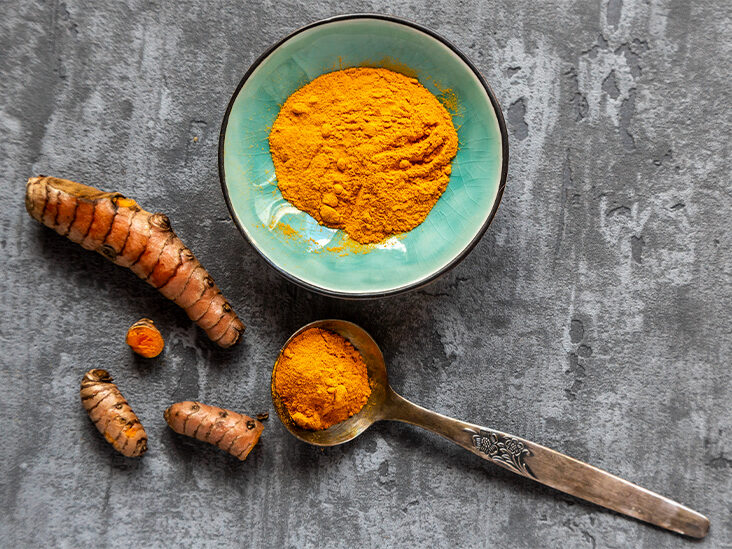
Turmeric 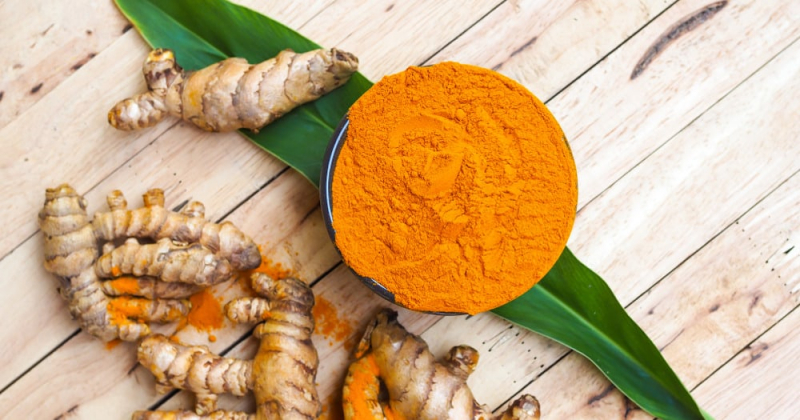
Turmeric -
Ghee is a popular Ayurvedic treatment for mending cracks. Butyrate acid is found in ghee. Early research suggests that this fatty acid might help with digestion, and it's increasingly being utilized to treat and prevent gastrointestinal diseases including diarrhea and irritable bowel syndrome (IBS).
Anecdotal evidence supports the use of ghee as a natural laxative as well. To improve regular bowel movements, Ayurvedic health practitioners recommend eating 1 teaspoon of ghee in milk or water. While this is a healthy procedure, it adds extra saturated fat and calories to your diet, and no research has proven its advantages for this purpose.
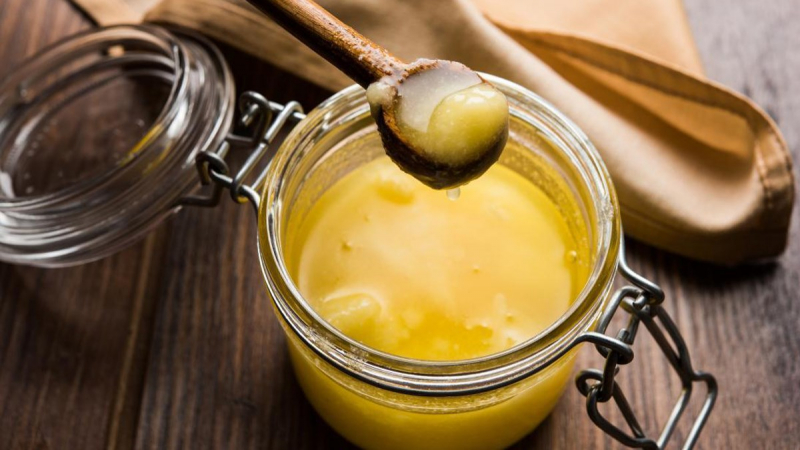
Ghee 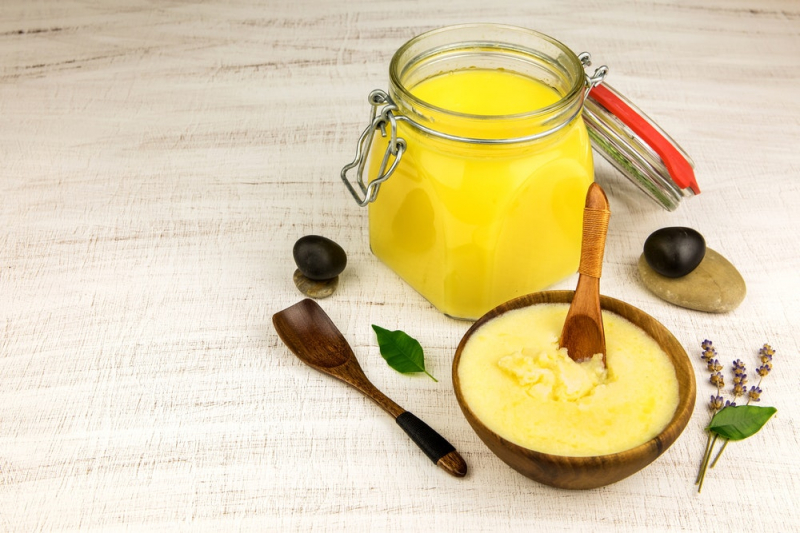
Ghee -
Another traditional Ayurvedic therapy for fissure healing is milk. To relieve constipation, it is frequently used with ghee. The effectiveness of milk in healing cracks is dependent on how your body reacts. Conjugated linoleic acid (CLA), a fatty acid, is found in higher fat milk. According to some studies, CLA supplementation may help lessen inflammatory reactions. Other research, however, has revealed that CLA supplementation may raise levels of inflammatory markers. Furthermore, previous research has connected consuming milk to cracks. Constipation and fissures were related to greater milk intake in a study of 60 newborns and young toddlers.
Another study found that 69% of patients who followed a milk-free diet for four weeks had healed fissures. However, after reintroducing milk into their diet, more than 20% of these persons saw a return of fissures. According to the researchers, this is only significant to persons who are hypersensitive to milk proteins. It is vital to remember that milk has no fiber, and a low-fiber diet is a primary cause of constipation. Although research on milk's therapeutic effects is limited, relaxing with a warm milk beverage before night may be useful.
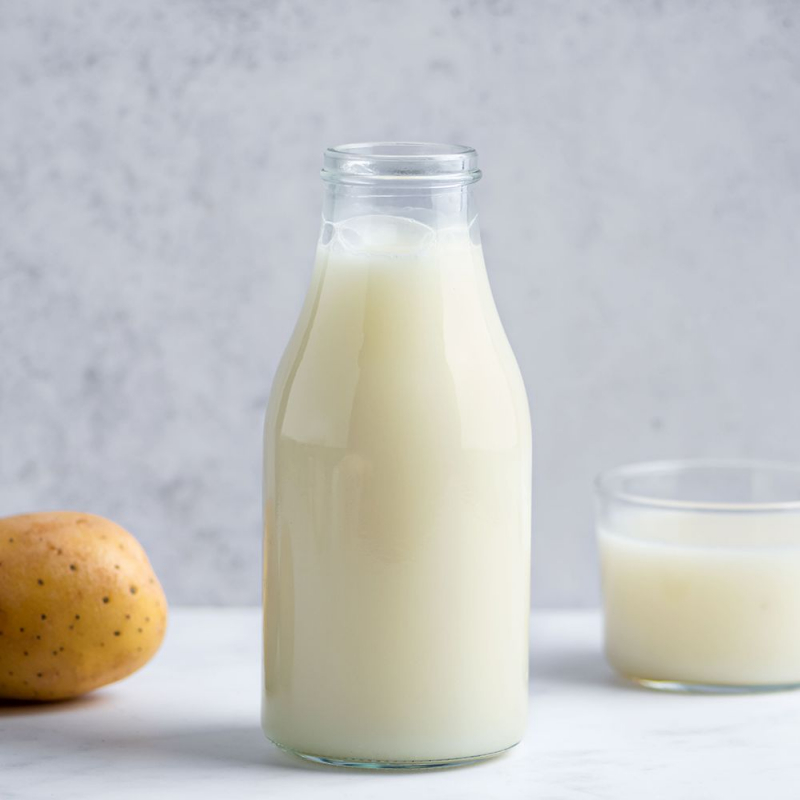
Milk 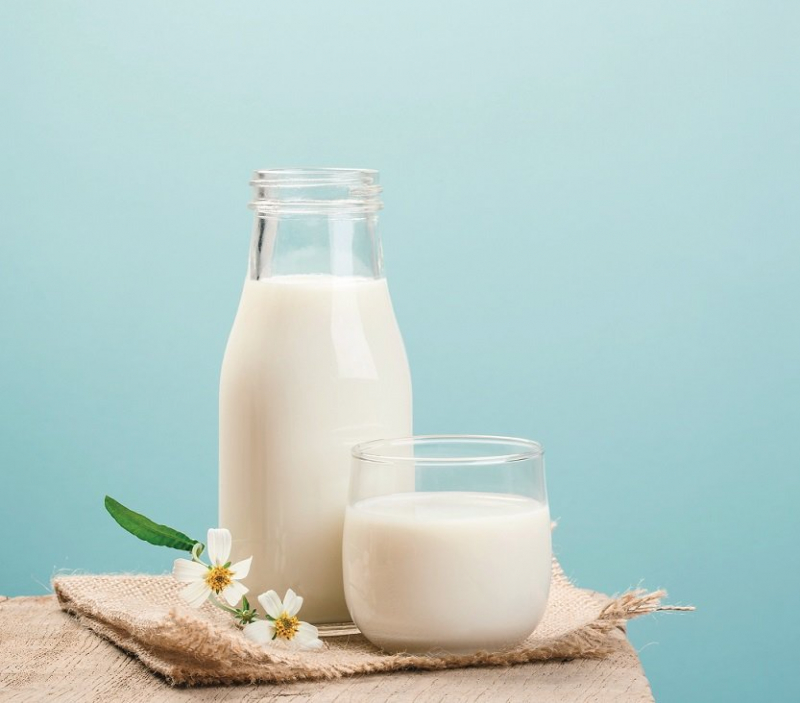
Milk -
Ayurvedic medicine promotes curd as a remedy that works by targeting the digestive tract and encouraging regular, pain-free bowel motions. The core of this method is its probiotic potential. Cured milk is prepared by combining it with an acid, such as lemon or vinegar. Lactose is converted into lactic acid by living bacterial cultures. Probiotics may help treat constipation depending on the strain.
However, not all curds include probiotic bacterial cultures that aid enhance digestive health and bowel motions. The probiotic qualities of handmade curds might vary. Choose yogurt with live bacterial cultures, sauerkraut, miso, and kimchi if you want to get the advantages of probiotic-rich foods.

Probiotic-rich foods 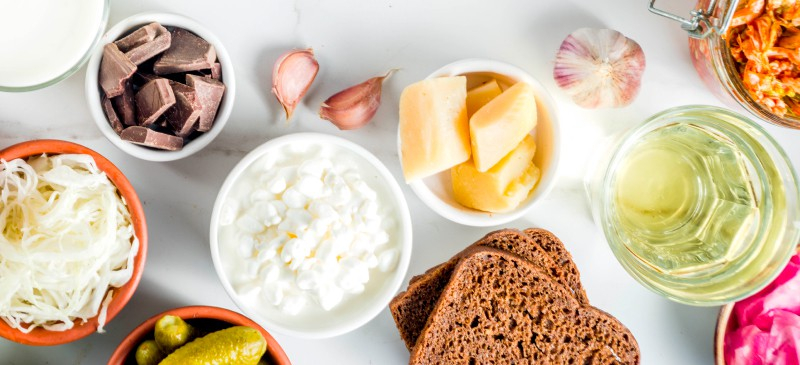
Probiotic-rich foods -
Legumes, such as beans, chickpeas, and lentils, are high in zinc, a mineral that aids in wound healing. In fact, a zinc shortage can be a significant cause of tissue damage. Soaking, boiling, and sprouting legumes before eating them may help with zinc absorption. One cup of kidney beans, chickpeas, or lentils contains 11%, 14%, or 20% of the daily value.
In addition to zinc, legumes are high in fiber, which softens and regulates feces to avoid fissures. One cup of beans contains around 11-16 grams of this vitamin. Although administering zinc topically to an anal fissure may help minimize discomfort and expedite recovery, see your doctor first.
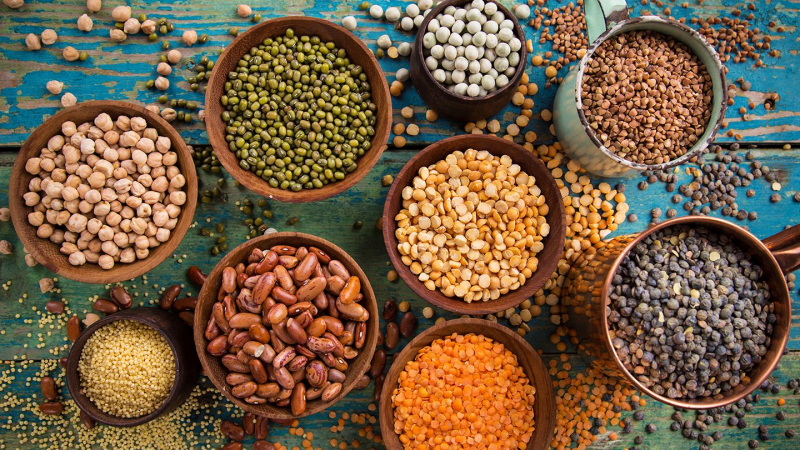
Legumes 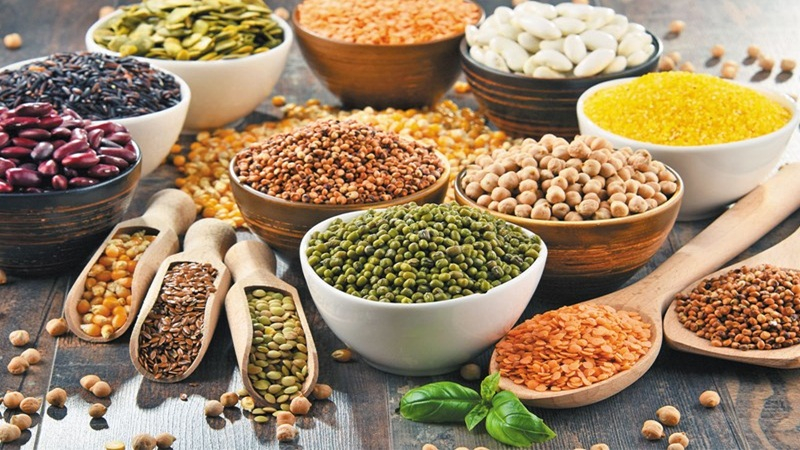
Legumes










